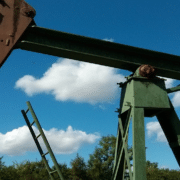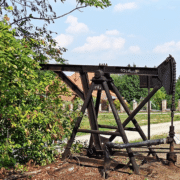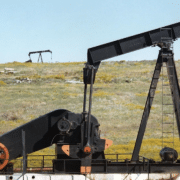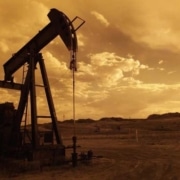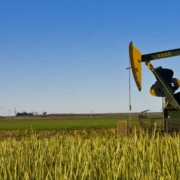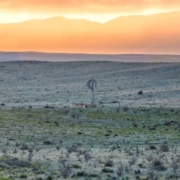The United States is one of the few countries in which the subsurface rights of a property can be bought and sold for the purpose of oil and gas exploration. In this industry, an oil and gas landman is a person who acquires subsurface mineral rights in order to seek, drill, and sell valuable materials from below the Earth’s surface.
A landman is not always necessarily the direct owner of an oil and gas operation’s mineral rights, but rather may receive overriding royalty interests as they can also be involved simply with business agreements or the extraction process of the minerals.
What Exactly Does an Oil and Gas Landman Do?
There are actually quite a few different roles a landman can play in the process of bringing oil and gas to market. Landmen are often heavily involved with financial negotiations and procurement processes involved in the extraction of valuable minerals. Some of the most common examples of oil and gas landman’s duties include:
- Researching public and private records to determine ownership of mineral rights
- Reducing title risks of mineral right ownership
- Negotiating the sale or purchase of mineral rights
- Determining ownership, managing, or combining mineral rights
- Contracting surveyors and extraction teams for procurement
Landman Certification Levels
If you are interested in how to become an oil and gas landman, or simply want to check the credentials of an individual while selling your mineral rights or oil and gas royalties, then you should be familiar with the three certification levels of a professional landman. As designated by the American Association of Professional Landmen (AAPL), they are as follows:
Registered Landman (RL) – The most basic and easiest certification generally seen as the first step to becoming an expert in the field.
Registered Professional Landman (RPL) – The second level, which typically requires about 4 years of experience as a registered oil and gas landman.
Certified Professional Landman (CPL) – An expert-level certification that is given to experts in the field with a large amount of experience and education.


